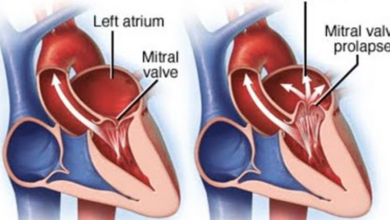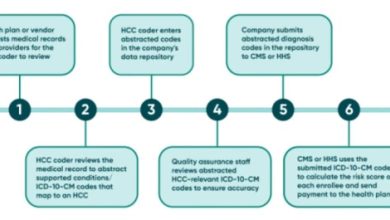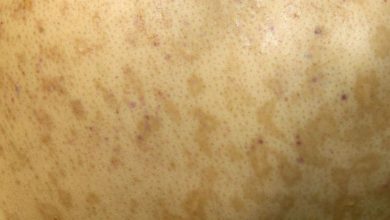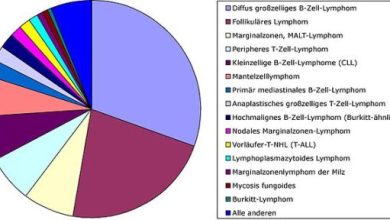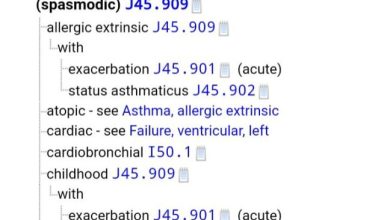Exploring The Coding For Suppurative Hidradenitis In ICD-10
Suppurative Hidradenitis ICD 10
Article
Suppurative hidradenitis, also known as hidradenitis suppurativa, is a chronic skin condition characterized by inflamed and painful lumps that can develop in areas where skin rubs together, such as the armpits, groin, and buttocks. These lumps can break open and leak pus, leading to the formation of abscesses and scarring.
Code History
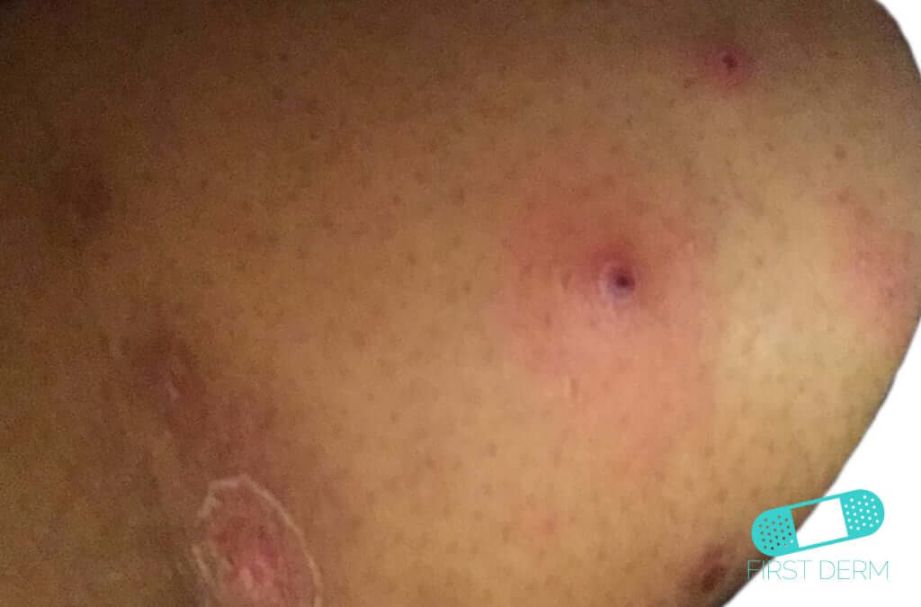
The ICD-10 code for suppurative hidradenitis is L73.2. This code was updated in 2015 to provide more specific information about the condition.
Synonyms

Other names for suppurative hidradenitis include acne inversa and Verneuil’s disease.
Clinical Information
Suppurative hidradenitis is a chronic inflammatory skin condition that affects the apocrine sweat glands. It is more common in women and often begins after puberty. The exact cause of the condition is not known, but it is believed to be related to inflammation and blockage of the hair follicles.
Causes
The exact cause of suppurative hidradenitis is unknown, but there are several factors that may contribute to its development, including genetics, hormonal changes, obesity, smoking, and excessive sweating.
Symptoms
Common symptoms of suppurative hidradenitis include painful lumps or nodules under the skin, redness and swelling, leaking of pus, and the formation of abscesses and tunnels under the skin.
Diagnosis
Diagnosing suppurative hidradenitis is based on a physical examination and medical history. In some cases, a skin biopsy may be performed to confirm the diagnosis.
Treatment
Treatment for suppurative hidradenitis may include antibiotics, corticosteroids, and anti-inflammatory medications to reduce inflammation and control infection. In severe cases, surgery may be required to remove affected skin and tissue.
Conclusion
Suppurative hidradenitis is a chronic skin condition that can be painful and debilitating. Early diagnosis and treatment can help manage symptoms and prevent complications. If you suspect you may have suppurative hidradenitis, it is important to seek medical attention for proper diagnosis and treatment.




